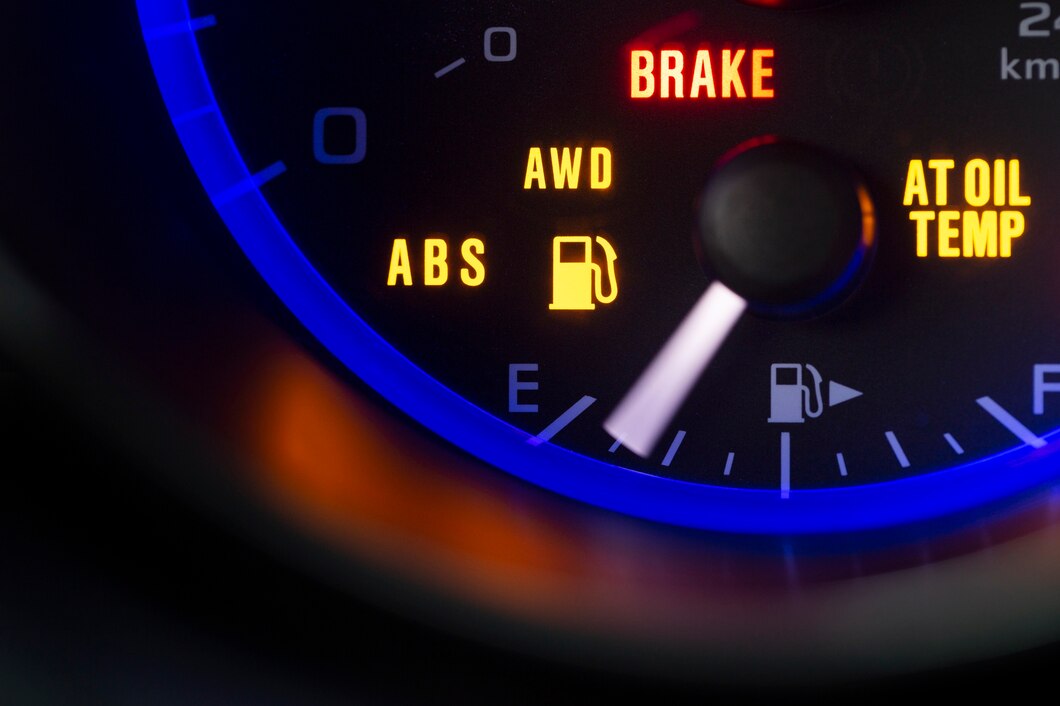Wheel bearings are essential components of your car’s suspension system, responsible for allowing the wheels to rotate smoothly. Over time, wheel bearings can wear out due to normal wear and tear or lack of lubrication, leading to potential safety hazards and costly repairs if left unaddressed. Recognizing the early signs of wheel bearing issues can help you avoid further damage and ensure your vehicle remains safe to drive. Here are some key indicators to watch out for:
1. Unusual Noises
Humming or Growling Sounds: One of the most common signs of a failing wheel bearing is a persistent humming or growling noise, especially at higher speeds. The noise typically increases in volume as you accelerate and may change pitch when turning.
Groaning or Whirring: In some cases, a failing wheel bearing can produce a groaning or whirring sound, similar to the noise of a jet engine. This noise may be more noticeable when turning or cornering.
2. Vibrations or Wobbling Sensations
Vibration in the Steering Wheel: A worn wheel bearing can cause vibrations or wobbling sensations in the steering wheel, particularly at highway speeds. These vibrations may become more pronounced when turning or braking.
Uneven Tire Wear: Wheel bearing issues can also lead to uneven tire wear, as the wheels may not rotate smoothly. Check your tires regularly for signs of uneven wear, such as bald spots or excessive tread wear on one side.
3. Steering Instability
Loose or Wandering Steering: A damaged wheel bearing can affect the stability of your car’s steering, causing it to feel loose or wandering on the road. You may notice that it requires more effort to keep the car straight, especially at higher speeds.
Pulling to One Side: A wheel bearing problem can also cause your car to pull to one side while driving. This pulling sensation may become more pronounced when braking or accelerating.
4. Excessive Heat
Hot Wheel Hub: After driving for a while, check the temperature of your wheel hubs by carefully touching them. If a wheel hub feels excessively hot to the touch, it could indicate that the wheel bearing is failing and generating excess heat due to friction.
Burning Smell: In severe cases, a failing wheel bearing may produce a burning smell as the heat generated from friction builds up. If you notice a burning odor coming from your wheels, pull over and inspect them immediately.
5. ABS Warning Light
ABS Malfunction: A failing wheel bearing can sometimes trigger the ABS (anti-lock braking system) warning light on your dashboard. Since wheel speed sensors are often integrated with the wheel bearings, any issues with the bearings can affect the accuracy of the sensor readings and trigger the warning light.
Professional Diagnosis: If the ABS warning light comes on, it’s crucial to have your vehicle inspected by a qualified mechanic to determine the exact cause of the issue.
6. Play or Movement in the Wheel
Excessive Play: You can check for wheel bearing play by safely jacking up the car and grasping the wheel at the top and bottom. Gently rock the wheel back and forth to see if there is any noticeable play or movement. Any looseness or play indicates a potential issue with the wheel bearing.
Grinding Sensation: In severe cases of wheel bearing failure, you may feel a grinding or rough sensation when rotating the wheel by hand. This indicates significant wear and damage to the bearing and requires immediate attention.
Preventive Maintenance and Solutions
Regular Inspections: Include wheel bearings in your regular maintenance checks, especially if you notice any of the early signs mentioned above. Catching wheel bearing issues early can prevent more extensive damage and costly repairs.
Timely Replacement: If you suspect a wheel bearing problem, have it inspected and replaced by a qualified mechanic as soon as possible. Wheel bearing replacement is a specialized task and should be performed by someone with the necessary skills and equipment.
Quality Parts: When replacing wheel bearings, opt for high-quality, OEM (original equipment manufacturer) or equivalent parts to ensure reliable performance and longevity.
Proper Lubrication: Ensure that your wheel bearings are properly lubricated according to the manufacturer’s recommendations. Lack of lubrication can accelerate wear and lead to premature failure.
Wheel bearing issues can compromise the safety and performance of your vehicle if left unchecked. By paying attention to early warning signs such as unusual noises, vibrations, steering instability, excessive heat, ABS warning lights, and wheel play, you can identify potential problems and address them before they escalate. Regular inspections, timely maintenance, and prompt repairs are key to ensuring that your car’s wheel bearings remain in good condition and that your vehicle continues to operate safely on the road.











